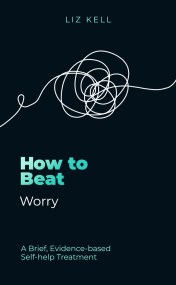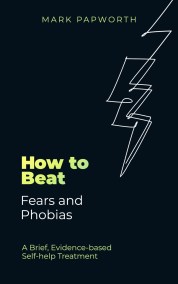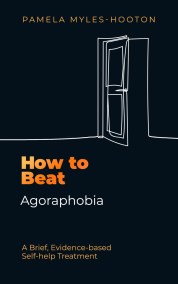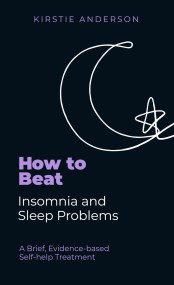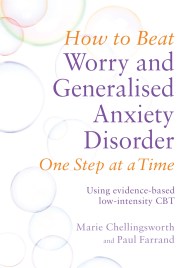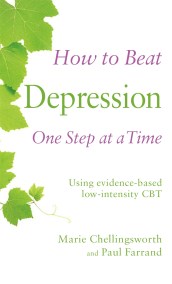How to Beat Panic Disorder One Step at a Time
On sale
3rd March 2016
Price: £10.99
How to Beat Panic Disorder One Step at a Time is specifically addressed to low-intensity patients and follows an evidence-based cognitive behavioural therapy (CBT) approach.
This book is the perfect resource for helping you to beat panic attacks and panic disorder, either by yourself or in conjunction with the support of an IAPT service. Written in a friendly, engaging (and jargon-free!) style, the book encourages interactive reading through tables, illustrations and worksheets. Real-life case studies illustrate the use of each intervention and demonstrate how you can work through your condition. This book will help you to understand your panic cycle, and to face your fears through gradual exposure.
Paul Farrand and Marie Chellingsworth have both worked at a national level in the area of CBT self-help research and training, with past involvement in organisations and programmes as diverse as the Department of Health, British Psychological Society, Psychological Wellbeing Practitioners and the British Association for Behavioural and Cognitive Psychotherapies.
This book is the perfect resource for helping you to beat panic attacks and panic disorder, either by yourself or in conjunction with the support of an IAPT service. Written in a friendly, engaging (and jargon-free!) style, the book encourages interactive reading through tables, illustrations and worksheets. Real-life case studies illustrate the use of each intervention and demonstrate how you can work through your condition. This book will help you to understand your panic cycle, and to face your fears through gradual exposure.
Paul Farrand and Marie Chellingsworth have both worked at a national level in the area of CBT self-help research and training, with past involvement in organisations and programmes as diverse as the Department of Health, British Psychological Society, Psychological Wellbeing Practitioners and the British Association for Behavioural and Cognitive Psychotherapies.
Newsletter Signup
By clicking ‘Sign Up,’ I acknowledge that I have read and agree to Hachette Book Group’s Privacy Policy and Terms of Use


